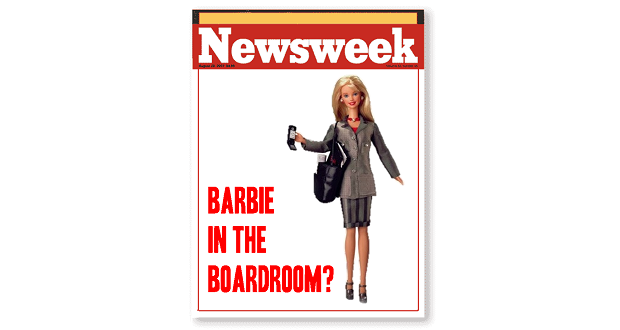
When I was an undergraduate student at Wellesley College, one of my professors, Michael Jeffries, participated in an “Author Meets Critic” debate with Jason Reilly, a fellow black man, and the author of the book “Please Stop Helping Us: How Liberals Are Making It Harder for Blacks to Succeed.” Reilly’s central argument is this: public attention to the challenges surrounding disenfranchisement and racism against black people in America has done more harm than good, preventing progress by leading people of all races to believe that black people need help—rather than empowering them to help themselves. He acknowledges that racism exists, but objects to any “special treatment” or assistance from political progressives, believing that black individuals have the potential to change their own circumstances without outside support. In essence, he does not believe in using an “equity lens” when considering challenges, but rather in proceeding as if equality is fully possible, though it doesn’t currently exist. This meritocratic argument is filled with holes and dramatic oversimplifications, which I won’t unpack here. However, one moment in the debate struck me as being particularly interesting.
During the question and answer session, a student raised the point that even black teachers and school administrators have been demonstrated to view black students as a threat. She asked Reilly whether, as he claimed, this demonstrated that institutionalized racism is not the biggest challenge faced by people of color, or whether it in fact demonstrated that it was—that racism and biases are so insidious that people can internalize negative messages about their own identities. Reilly responded that he shares research about black teachers’ perceptions of black students to make the point “that [racism] may not be driving [all inequalities that we observe].” I recall thinking, “the fact that he isn’t thinking of black teachers perceiving black children negatively as an internalized iteration of white racism is a central problem.”
As the student suggested, times in which individuals hold biases against their own identities—biases informed by racist ideas from people in dominant groups to which they do not belong—or “internalized oppression,” demonstrate exactly how pervasive and dangerous racism, sexism, and the many other “isms” we are working to extinguish can be. We miss a lot when we aren’t taking internalized oppression into consideration.
Much of the current work in D&I spaces brings interpersonal or structural forms of oppression to light, but it’s less common for D&I professionals to address internalized oppression and biases. These biases can be painful to unpack, particularly if we are personally and professionally committed to equity and inclusion. However, the insights we may reveal in the process can change our lives and actions for the better.
Internalized biases can be painful to unpack, particularly if we are personally & professionally committed to equity & inclusion. However, the insights we may reveal in the process can change our lives & actions for the… Share on X
In this series, we will explore this topic, which can often feel taboo, through questions like:
- What parts of your identity have you internalized negative messages about?
- What experiences do you believe contributed to this internalization?
- What experiences have you had that helped you to recognize your internalized oppression?
- How has your internalized oppression shaped your thoughts or actions?
- How has your reflection on, or awareness about, your internalized oppression shaped your understanding of DEI work, or the world more broadly?
Over the next several weeks, our writers will reflect on these topics, modeling the difficult work of unpacking the messages that we have internalized from the dominant culture about our own identities. As contributing writer Anne Doepner recently demonstrated, uncovering these biases in ourselves can challenge us, help us to address barriers we didn’t always realize we were facing, and empower us to take our work deeper. We invite you to join us on this important journey in self reflection!
Editor’s note: The Winters Group created a reflection guide on this Inclusion Solution series. The purpose of this guide is to revisit the perspectives shared and to encourage greater self-reflection and critical thinking about the ways this topic influences your world. Also included in this guide are activities and reflection questions for you to engage in as you begin your journey. Download the guide here.


















